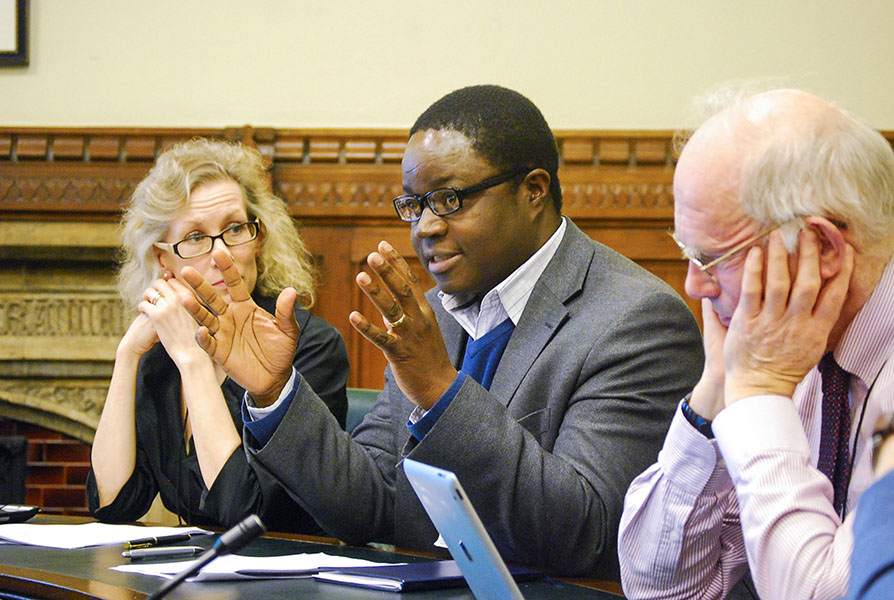
A successful workshop was held in Maputo on 21 February on climate compatible development strategies in Mozambique, and the implications for agricultural research and extension. The workshop attracted 40+ participants from the agriculture sector, national director level, representatives of other Ministries, and a number of NGOs.
The workshop was part of the Climate Learning for African Agriculture (CLAA) project, led by the Natural Resources Institute (NRI) in partnership with AFAAS and FARA, and funded by CDKN. CLAA is investigating how far ideas and strategies for adaptation to and mitigation of climate change are being incorporated into the work of agricultural research and advisory services in Africa.
The project aims to identify practical strategies to improve knowledge and information management about climate change to help maximise opportunities for the rural poor to adapt to climate change and variability.
Following devastating floods in the Limpopo valley and the damaging impact of unusually heavy rains on infrastructure in northern and central Mozambique, there was great interest in the workshop, which had national and Africa-wide Portuguese language TV coverage.
The event was moderated by Professor Firmino Mucavele, former Chief Executive of NEPAD, and formally opened by the Ministry for Environmental Coordination (MICOA), responsible for leading Mozambique's climate change adaptation strategy.
After short presentations by NRI and local partner AGEMA, the workshop shared information on national climate change policies strategies. Participants then discussed how to strengthen knowledge management on climate change impacts and related activities at policy level, and enable effective delivery of relevant knowledge and information to local communities.
Despite the project focus on agriculture, the main emphasis of debate was how to ensure effective mainstreaming and local delivery of innovation for climate change adaptation in agriculture, natural resources and rural development as a whole. This is especially important given the great diversity of actors in what is broadly termed "extension", which includes but also reaches well beyond the work of the government extension service and the delivery of agricultural technologies.
Julian Quan of NRI, responsible for backstopping the CLAA project in Mozambique, says "so far in Mozambique there are only limited experiences in developing climate adaptation approaches at farm and community level, and no mechanism whereby centralised policies and strategies can learn from successful local experience".

